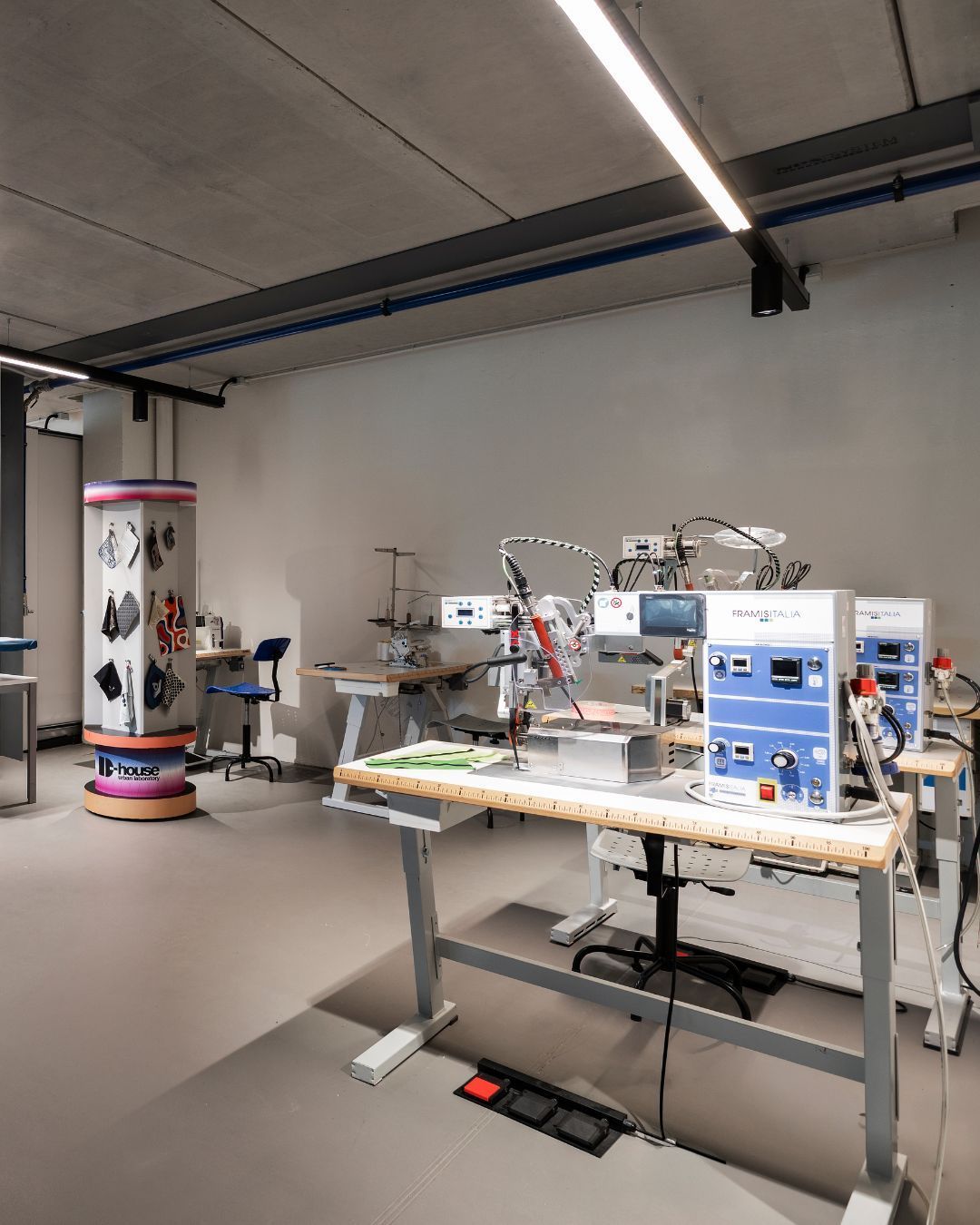
Mental health in Italy: where do we stand in Italy? Data and reflections on the occasion of World Mental Health Day
After the pandemic, it's no secret that our mental health has become more fragile. This is discussed on social networks, teachers make appeals to help young people and students, episodes of anger and breakdowns in public or while driving are increasing, and conspiracy theories are on the rise too. However, thinking that the pandemic is the only cause of our difficulties does a disservice to all the people who were struggling even before, and to the other factors that contribute to making our times particularly challenging and uncertain. Italy, moreover, has its own specificities that need to be considered when discussing such a complex issue, including the incidence of mental disorders and the lack of accessible care. Let's do this on World Mental Health Day, established on October 10, 1992.
The Italian Situation in Detail
On June 21, 2023, the Italian data from the report by The European House-Ambrosetti in collaboration with Angelini Pharma were presented in the Parliament. According to these numbers, Italy is above the average for the incidence of mental illnesses, with one in five people suffering from at least one disorder related to this sphere. According to the study, the most delicate phases of life are childhood and adolescence. Among the factors considered are the crime rate, which can cause anxiety and depression, bullying experienced at school and by young people. Stress, loneliness, and fear are also caused by unfavorable living conditions. In Italy, about 20% of the population lives in precarious, overcrowded conditions. The accelerated urbanization, which leads to both a deterioration of air quality and a decrease in green spaces to decompress, certainly doesn't help.
All Data Point in One Direction
As if that weren't enough, the unemployment rate is at 7.3%, and it has experienced a slight improvement. Too slight, especially for young professionals who struggle to find stability and tend to isolate themselves. Finally, the Istat 2023 annual report reveals that Italian workers earn 3,700 euros less than the average European colleagues and over 8,000 euros less than the average German workers every year. When we cross-reference these data with the survey conducted by Ipsos and promoted by the Axa Group, it turns out that Italy has the lowest percentage of people declaring to feel in a positive mental state or in a state of well-being. According to this survey, the most at-risk subjects are once again the young and, not surprisingly, women, perhaps due to the inequality felt every day, both in the family and at work. The results have come in, and they are very clear: we are poor, sad, and angry.
The Collective Dimension
In addition to the factors highlighted by the indices, it's impossible not to take into account the historical period, the internal politics of a country, ours, which has decided to fight against the freedom of choice for women and the LBGT+ community, which is taking steps back on civil unions, and the news and images that come to us from Lampedusa, Gaza, and Kiev. Eco-anxiety and burnout do the rest, in a lethal combination of causes that are individual but above all collective.
We have never been so connected and informed, and we have never been so bombarded with our own and others' misfortunes; our capacity for empathy has never been so severely tested. A term has even been coined: bad news fatigue. How could this, along with other things, not affect our mental health?
Do People Turn to Experts?
According to the survey conducted by the Piepoli Institute for the National Council of Psychologists (Cnop), almost 1 in 5 Italians has turned to a psychologist. In the 18-35 age group the number rises, reaching 25%. However, 14% of the people interviewed did not turn to anyone, even though they felt they needed it. One of the reasons for not seeking help from a professional is undoubtedly the economic issue. Many psychologists work in private practice, and the fees can be prohibitive, especially for younger individuals or for large families with a single income. In case of problems, 47% of people would turn to an expert, while 38% would prefer to talk to their loved ones first. Social stigma is definitely in second place. Many people find it difficult to ask for help, consider the psychologist or therapist as "mind-benders," and believe that only real, tangible, physical problems need targeted intervention. Furthermore, often, one's psychological journey with a professional is kept hidden from friends, colleagues, and family members, out of shame.
Paradoxically, the pandemic has helped in this regard, or at least it seems so. It appears that 26% of the people involved were more inclined to seek help post-pandemic. This change in attitude holds promise, but it can do little without targeted, consistent, and structured support from the government.
What is Italy Doing to Address this Issue?
According to the survey by The European House-Ambrosetti, Italy is one of the European nations least capable of responding to difficult situations, and it ranks ninth in terms of the quality of mental disorder healthcare. There is room for improvement. The psychological bonus, due to low funds, promised things it couldn't fulfill. Too many families are still left on their own, and the school cannot make up for the huge gaps in the Public System. In March 2023, the new Technical Table for Mental Health was established by the Ministry of Health, composed of sector experts, which assessed the current situation. Measures are awaited.

























































